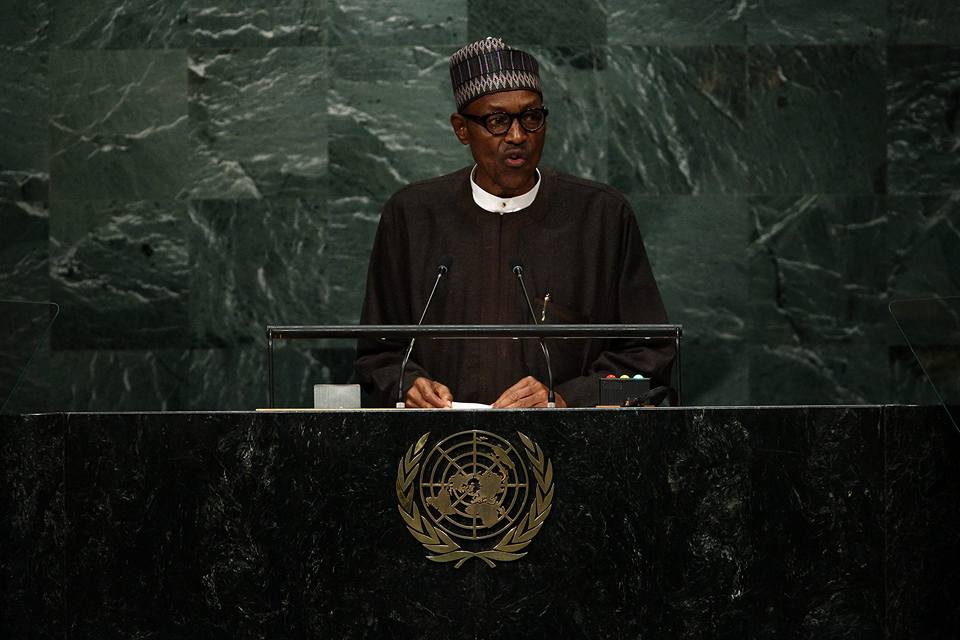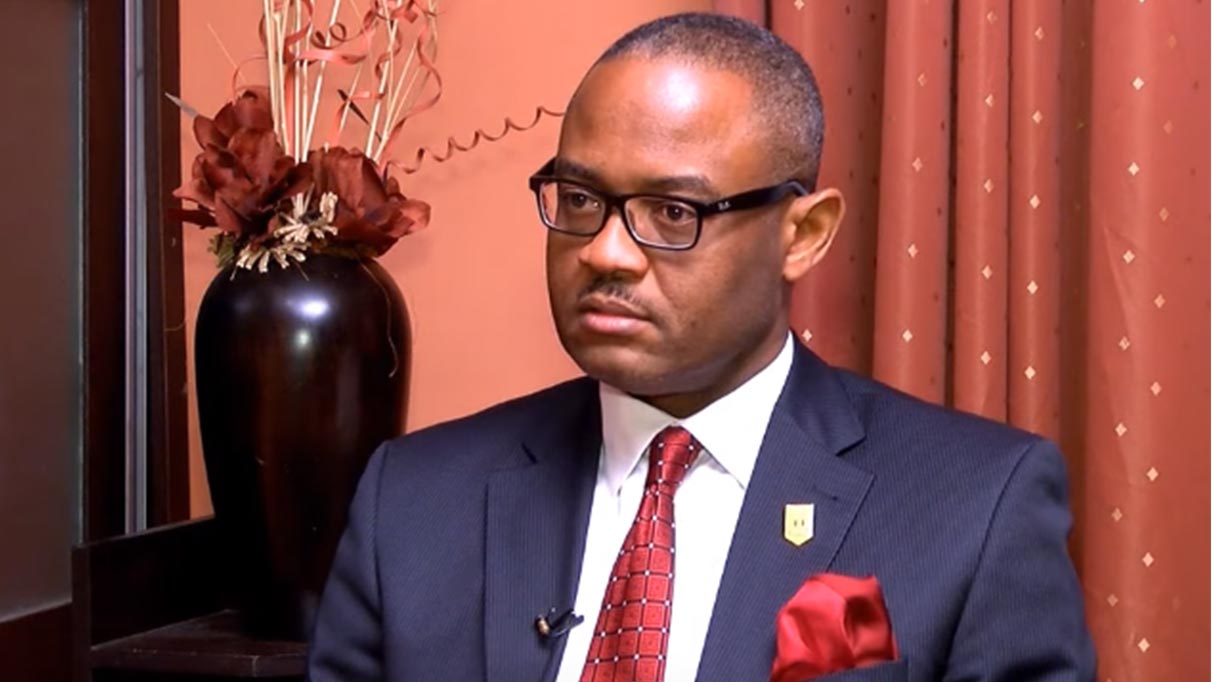BY JOE ATTUEYI
The latest word ( no pun intended) in our economic lexicon is recession. As is usual with us we have gone to our default solution. Diversify into Agriculture is our talismanic phrase anytime we run into economic troubled waters. Gowon mouthed it. Obasanjo did operation feed the nation. Shagari did green revolution and ad infinitum we went. Yet here we are. Singing the same song of ‘diversify into agriculture’.
There is nothing wrong with diversifying into agriculture. However if Government’s goal is to target a specific sector as a lever for economic development there should be an overaching end in mind, a strategy for getting there and tactical steps that will deliver it. There is no developed country that has built their economy around exporting primary agriculture products. Ivory Coast is one of the largest exporters of cocoa in the world. There are global chocolate makers whose annual revenues exceed the GDP of Ivory Coast. If you want to diversify into agriculture there ought to be some brain work done on where in the value chain we want to play and what it will take to play and win there.
In contradistinction to the above, one wishes to share with our economic planners another sector of our economy where the instruments of Government’s fiscal and monetary policies can be used to make a significant difference in the present economic situation we find ourselves.
Advertisement
A report in The Vanguard Newspaper of September 12, 2016 had the following report:
“…Nigeria, in spite of the declining economic fortunes, spent N595.5 billion on the importation of fuel in the first six months of 2016, rising by N34.3 billion from the amount spent in the last six months of 2015. According to data obtained from the National Bureau of Statistics, NBS, the country spent N276.226 billion on petrol import in the first quarter of 2016, while N319.28 billion was spent in the second quarter.”
This report is food for thought on many levels. We produce the crude oil, export it to say Europe, someone refines it, we buy the refined product, ship it back to Nigeria and in order to sell it at a capped price Government through NNPC swallows what ever difference exists between the actual price and the capped price. This simplified description of the refinery sector of our economy will at current rate cost us 1 Trillion naira which is 1/6th of our 2016 federal budget without adding jobs, local capacity growth or taxes while on the other hand consuming the already scarce foreign reserves. Without a change of direction we will utilise in excess of US$3 billion this year importing petrol.
Advertisement
What can we do differently?
There are at least 18 different organisations who have been working on building local modular refineries in Nigeria for many years without making much head way. About 4 of these projects have gone much farther than others with Dr Usua Amanan’s Amakpe Refinery being probably the most advanced. A study of why these projects are all stalled can give an insight to the Government on how it can use monetary and fiscal policies to reengineer the economy out of recession.
The bottomline is Project finance. A modular refinery is a processing plant that has been constructed entirely on skid mounted structures. Each structure contains a portion of the entire process plant, and through interstitial piping the components link together to form an easily manageable process. Many of the project sponsors referenced above went for the modular refinery concept because it could be started small and scaled up as needed. A 12,000 bopd modular will cost about US$150 Million or less to instal and will take 18-24 months to become operational.
Once a project sponsor can come up with 20% equity contribution of project cost, the USEXIM Bank ( amongst other export promotion institutions) will , with a local bank guarantee, provide a loan facility for the balance 80% at a single digit interest rate as along as the equipment and services are provided by US companies. The more advanced projects referenced above have all raised their equity contributions from investors, signed up Engineering Procurement Construction and Management contracts with American firms and received approved termsheets from USEXIM Bank for the debt portion of the financing subject to a local bank guarantee of the loan amount. Which is where the rubber hit the road and the projects have stalled—some going to 8 years! No Nigerian bank is interested in providing bank guarantees for projects that will take 18-24 months to come on stream when they can fund the importation of petrol products and recycle the same money several times within the same period.
Advertisement
What can the Government do?
- For those who are able to provide the equity portion of the project finance and secure a term sheet from USEXIM Bank (or similar debt funders) Government should through the CBN intervention provide the guarantees required by USEXIMBANK. These guarantees can be collaterialised as first charge against the sponsor’s equity and project assets/cashflow.
It is important to note that these guarantees by the Government to the USEXIM Bank for instance does not involve any upfront commitment of cash on the part of Government while it engineers foreign investment into a critical sector of the economy.
- Government should also consider making project economics more robust by granting fiscal incentives like pioneer status, duty and VAT exemptions for import of machinery and discounted purchase of its primary raw material which is crude oil
What is in it for Nigeria
The beauty of the modular refineries is that they represent small scale projects that can be replicated at many locations. It therefore spreads industrialisation, creates jobs, enhances local content, expands the local economy, reduces the demand pressure on our foreign reserves and the consequent devaluation impact on the Naira. Refineries by their nature also create subsidiary industries all around them—plastics, paints etc. The cumulative effect of 10 modular refineries of 12,000 bopd each on the economy far exceeds that of a single 120,000 bopd in one location.
Advertisement
Attueyi is CEO of an indigenous integrated energy company
Advertisement
Views expressed by contributors are strictly personal and not of TheCable.






